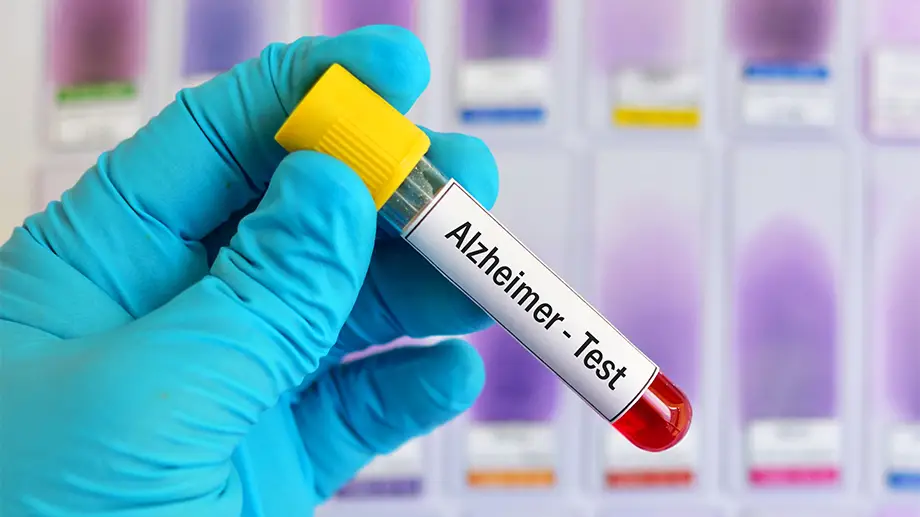Blood tests for Alzheimer's ? Part 2

Blood tests for Alzheimer's have mainly been used in controlled research environments. However, a recent study involving about 1,200 patients in Sweden shows that these tests can also be effective in everyday medical settings. This is especially useful for primary care doctors, who encounter more patients with memory problems than specialists but have fewer diagnostic tools.
In the study, patients who went to a primary care doctor or a specialist because of memory problems were first diagnosed using standard exams. They also gave blood samples for testing and were sent for a follow-up spinal tap or brain scan to confirm the diagnosis.
Researchers from Lund University reported on Sunday at the Alzheimer's Association International Conference in Philadelphia that blood testing was much more accurate. The initial diagnosis by primary care doctors was 61% accurate, and by specialists, it was 73% accurate. However, the blood test had an accuracy of 91%, according to the findings published in the Journal of the American Medical Association.
Which blood tests work well to identify Alzheimer's ?
"There’s a wide range of different blood tests available," said Dr. John Hsiao of the National Institute on Aging. "These tests measure various biomarkers in different ways."
Doctors and researchers should only use blood tests that have been shown to be more than 90% accurate, according to Maria Carrillo, the chief science officer of the Alzheimer’s Association. The tests that are most likely to meet this high accuracy standard measure a protein called p-tau217.
This test measures a form of tau protein that is linked to the amount of plaque buildup in the brain, explained Schindler. High levels of this protein strongly suggest that a person has Alzheimer's, while low levels indicate that Alzheimer's is probably not the cause of memory loss.
Several companies are developing p-tau217 tests, including ALZpath Inc., Roche, Eli Lilly, and C2N Diagnostics, which provided the version used in the Swedish study
Who should should get these blood tests ?
Only doctors can order these tests from labs. The Alzheimer’s Association is working on guidelines, and several companies are planning to seek FDA approval to ensure proper use of these tests.
For now, Carrillo advised that doctors should use blood tests only for people with memory problems and should verify the accuracy of the specific test they choose.